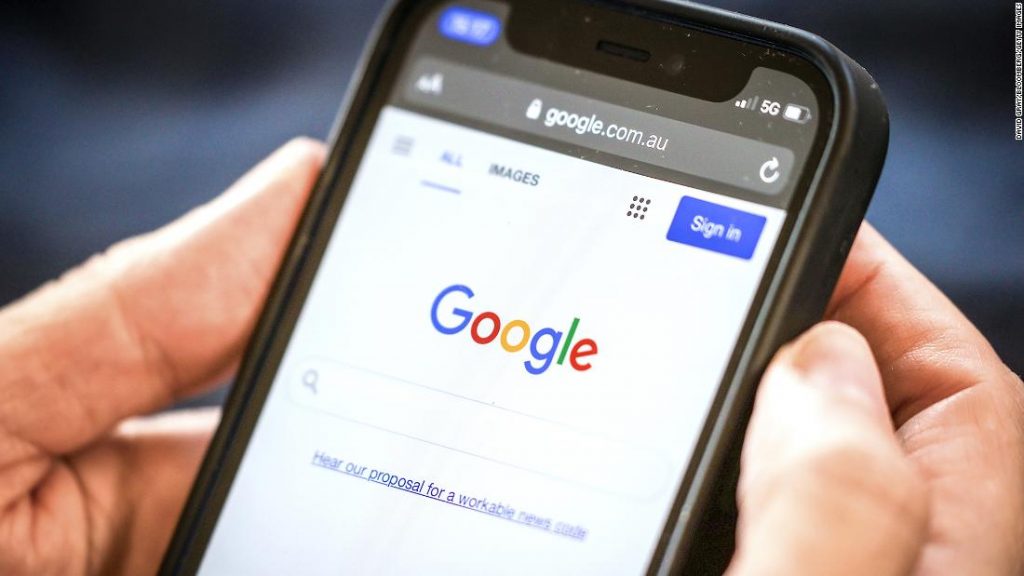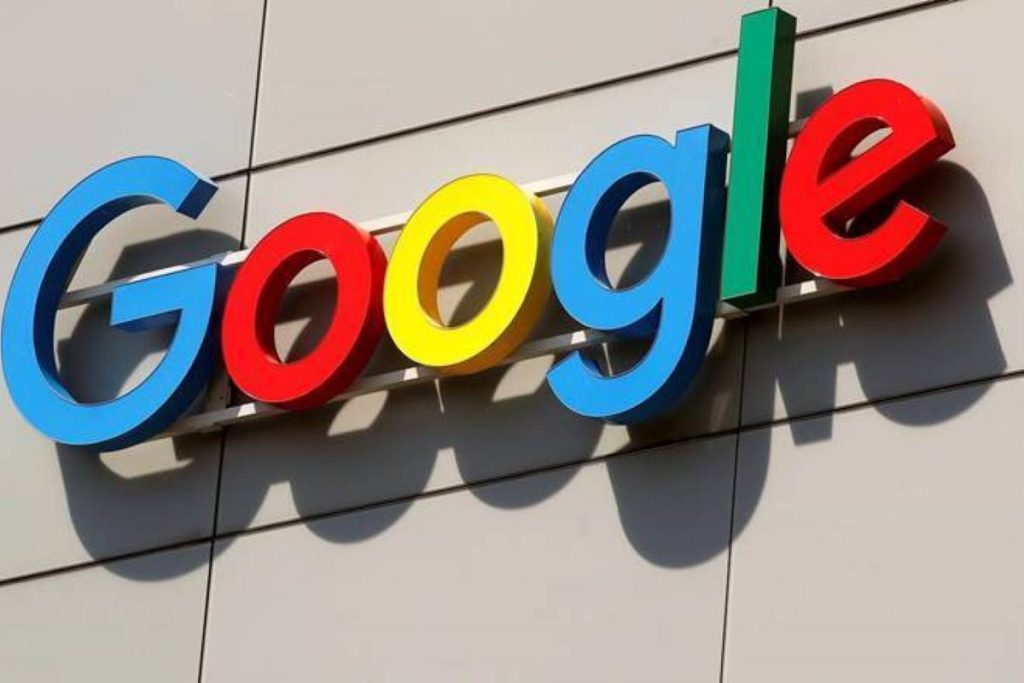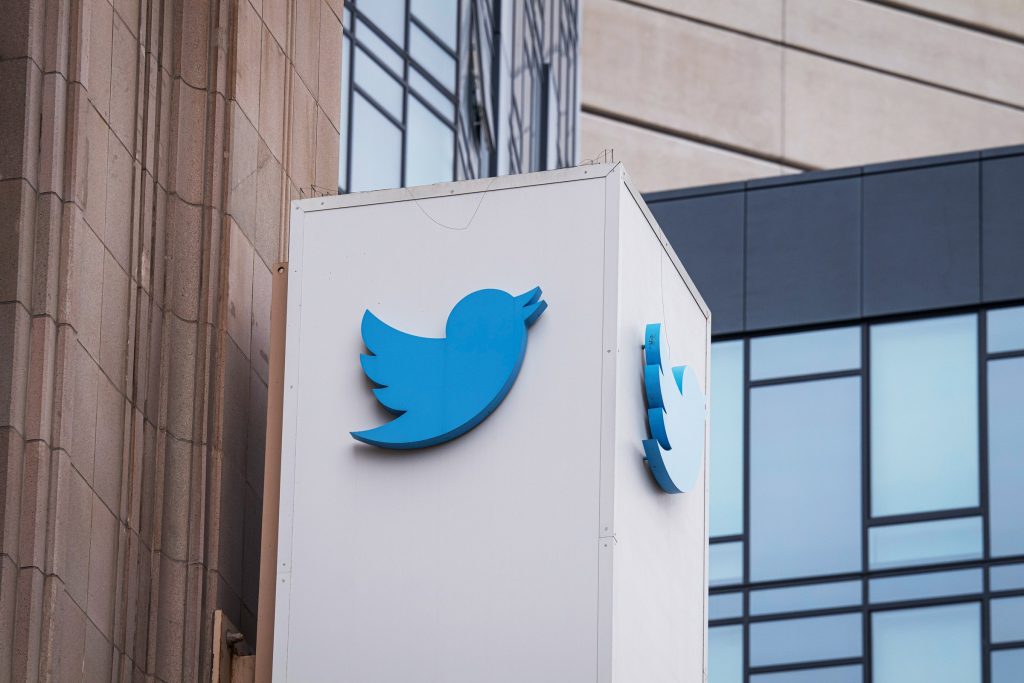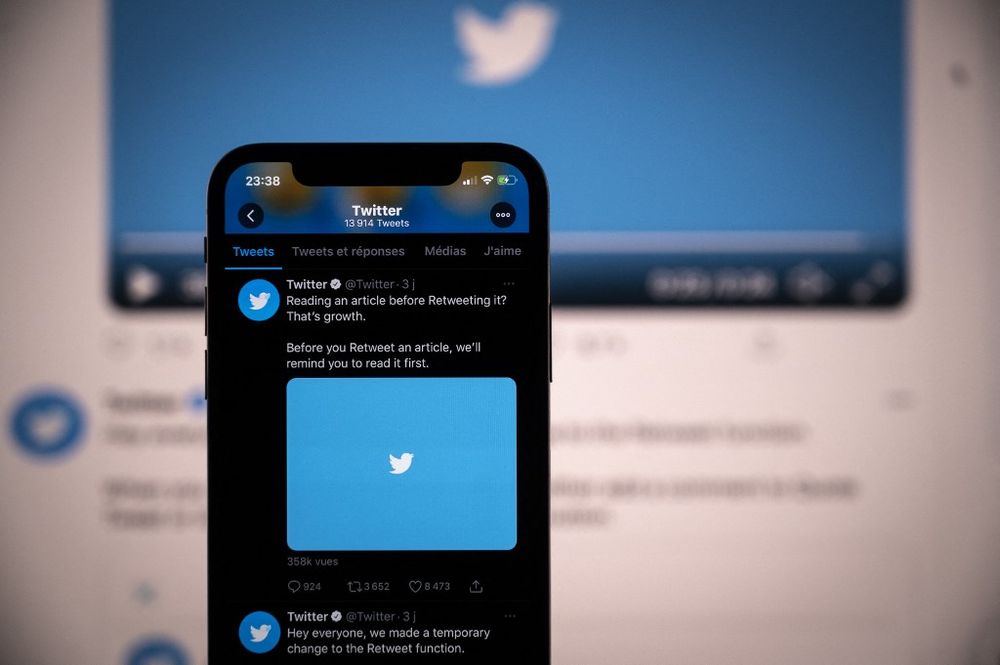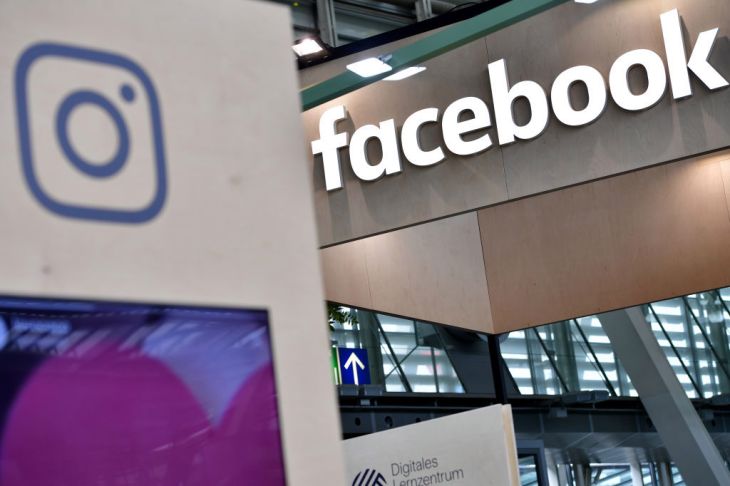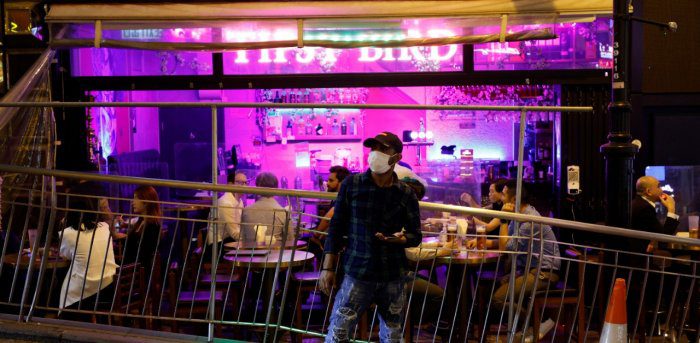Tech
Why tech giants will boycott Hong-Kong
Tech
Apple set to unveil budget iPhone 17e, new iPads and low-cost MacBook
Apple’s Tim Cook announces major product reveals this week, highlighting budget iPhone 17e, new iPads, and low-cost MacBook.
Tech
Nvidia posts record revenue as AI fears shake investors
Nvidia’s £68.1 billion revenue, up 73%, raises investor concerns about AI’s impact and tech customers’ financial health.
Tech
Meta launches lawsuits over alleged scam advertising operations
Meta targets scam advertising networks in Brazil, China, and Vietnam, intensifying its crackdown on scams across its platforms.
-



 Tech4 days ago
Tech4 days agoMeta launches lawsuits over alleged scam advertising operations
-



 Money5 days ago
Money5 days agoAustralia’s inflation report and Nvidia earnings impact explained
-



 News3 days ago
News3 days agoCrude oil prices spike amid U.S.-Israel military action
-



 News2 days ago
News2 days agoIran warns ships to avoid Strait of Hormuz
-



 News3 days ago
News3 days agoU.S. and Israel attack Iran, escalating regional conflict
-



 News36 minutes ago
News36 minutes agoIran live updates: Trump Says Iran strikes to continue for four to five weeks
-



 Shows1 day ago
Shows1 day agoCities reshaped by capital, policy, and design insights
-



 News3 days ago
News3 days agoMarkets brace for turmoil after U.S. strikes Iran



